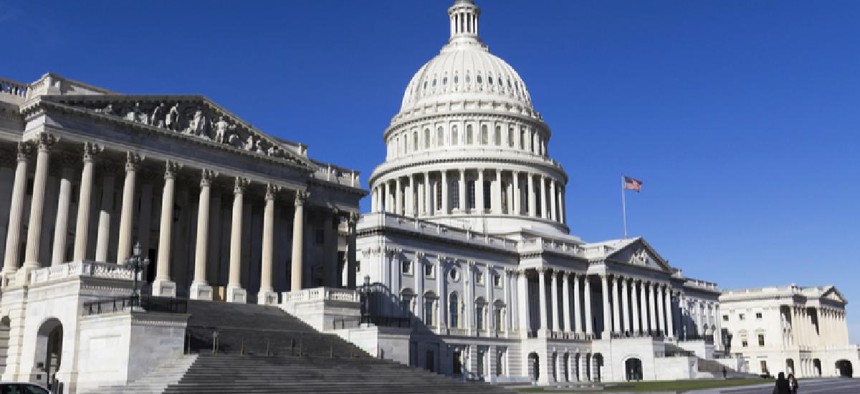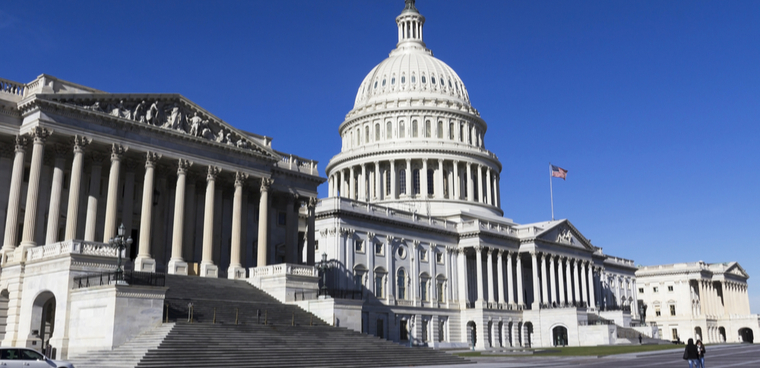Build Back Better passes House

The $2 trillion bill includes $550 million in governmentwide technology modernization plus billions targeted for agency tech programs as well as new investments in sustainable tech and electric vehicles.

The House of Representatives passed the Build Back Better Act on Nov. 19 by a vote of 220 to 213.
The $1.9 trillion bill is focused on expanding social safety net programs but also includes funding for technology modernization and a push to convert the federal government and postal service fleets to electric vehicles.
The bill includes $250 million for the revolving Technology Modernization Fund (TMF) as well as $200 million for the Federal Citizen Services Fund at the General Services Administration and $50 million for the Information Technology Oversight and Reform (ITOR) fund at the Office of Management and Budget -- an account administered by the federal CIO. All these appropriations are good through the close of fiscal 2026.
Lawmakers including Rep. Gerry Connolly (D-Va.) had sought a $3.5 billion infusion across these accounts, including $1 billion for TMF and $2 billion for the Federal Citizens Services Fund, which is administered by the General Services Administration. The tech funding had been removed from the bill at one point, but was restored in the version voted on in the House on Friday morning.
"I thank our leadership for recognizing that If we don't get the IT right, it will be nearly impossible to implement this transformative legislation," Connolly said in a statement after the bill's passage. "As we embark on the implementation of this once in a generation legislation, I remain committed to ensuring these investments are truly transformative and make government work better."
The legislation has other big ticket information technology appropriations, including a $4.75 billion, 10-year investment in IRS business systems modernization and an estimated $500 million for cybersecurity programs at the Cybersecurity and Infrastructure Security Agency.
The legislation is also focused on transforming the federal and postal vehicle fleets. The bill has $3 billion for fleet electrification at GSA and $6 billion for fleet electrification at the U.S. Postal Service. Additionally, the bill has $4 billion for GSA to improve energy efficiency and to focus procurement on sustainable products and technologies.
The bill now goes to the Senate, where it only needs a simple majority to pass.



